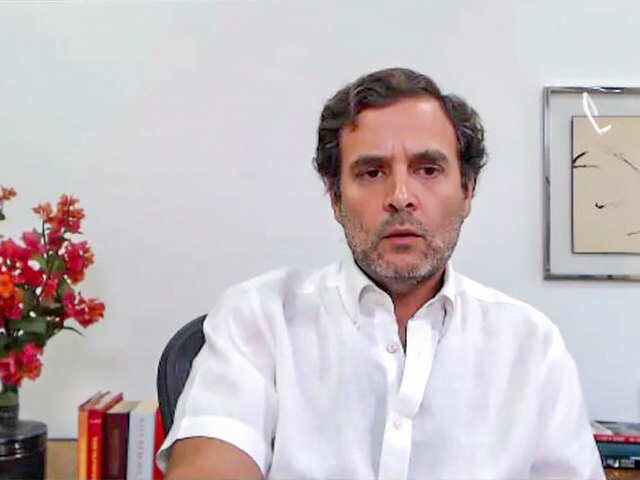 New Delhi, Dec 1: Eight non-metro airports modernised using public money have no scheduled flights operating there, leading them to incur a total loss of about Rs. 82 crore in the last three years.
New Delhi, Dec 1: Eight non-metro airports modernised using public money have no scheduled flights operating there, leading them to incur a total loss of about Rs. 82 crore in the last three years.
As government pushes for air connectivity in remote areas, official figures show that these eight airports have jointly incurred a total loss of over Rs. 25 crore in 2011-12, over 27 crore in 2012-13 and almost Rs. 30 crore in 2013-14, official sources said.
Reacting sharply to the "precarious" situation prevailing at these airports, aviation industry experts said only market conditions and operational viability and "not political compulsions" should determine developing airports or creating new ones.
The airports, which were modernised and upgraded by state-run Airports Authority of India (AAI) but have no scheduled flights, are at Akola (Maharashtra), Bikaner and Jaisalmer (Rajasthan), Coochbehar (West Bengal), Cuddapah (Andhra Pradesh), Pathankot and Ludhiana (Punjab) and Puducherry.
Details regarding the cost of modernising these airports were not immediately available. Similarly, the figures on losses of Bhatinda and Jalgaon airports, also modernised by AAI with no scheduled flights operating from there, were also not available.
Asked why airlines were not flying to these places, official sources said it was up to the airline operators to provide air services to such places "depending on the traffic demand and commercial viability", apart from the route dispersal guidelines.
However, industry experts disagreed saying airlines should be consulted first before investments are made for developing airports.
"It is a precarious situation. Airports should not be "It is a precarious situation. Airports should not be developed merely because of political compulsions, but only on the basis of operational feasibility and market conditions.
"Airports do not just mean plush terminal buildings like shopping malls. The apron and the runway are crucial for flight operations," said Debashis Saha, senior executive of professional aviation body Aeronautical Society of India.
Therefore, detailed feasibility studies for short, medium and long term flight operations should be carried out, both for passenger and cargo operations, "before any decision is taken to upgrade an airport or create a new one," he said.
Giving examples of other countries, he said airport operators like Changi in Singapore "attract airlines by offering special schemes including no or low charges and marketing budget".
"Government should make available some funds to attract airlines to Tier-II and III cities at least for three years so as to enable airlines to achieve market capitalisation and help air traffic in these sectors grow," Saha said.
Airlines should be consulted and asked to study the market potential of an airport in a remote or a non-metro city so that they can sustain day-to-day operations, Saha said, adding the airlines should also be asked to commit to launch operations if found viable.
Cost of day-to-day operations include those for maintenance of all technical equipment, the terminal, payment for staff, location of fire and security services.
Saha said the costs incurred in these areas have led to the eight airports to run into losses without having even a single scheduled flight.
Though AAI was providing incentives like no landing or parking charges and priority of slots to flights between Tier -II and Tier-III cities, he said unless the airlines were consulted beforehand, these incentives would not work and "the AAI would continue to incur heavy losses".






Comments
Add new comment